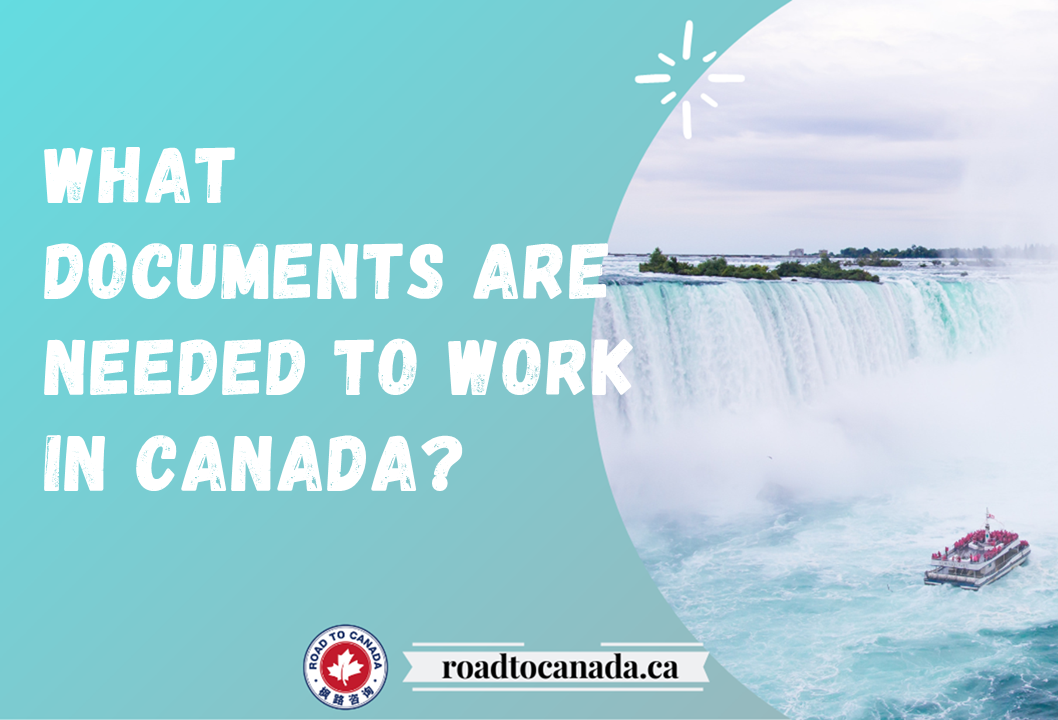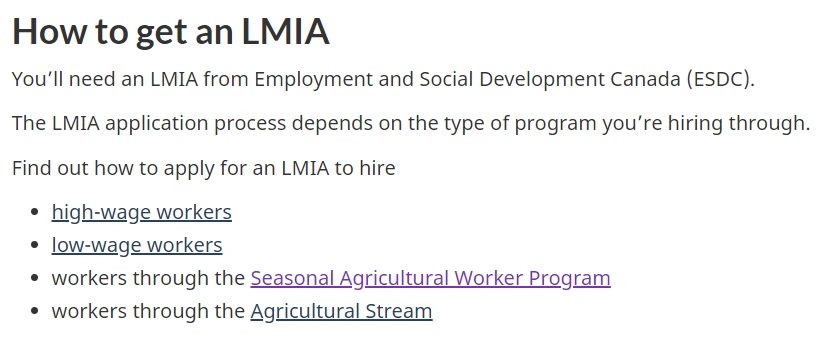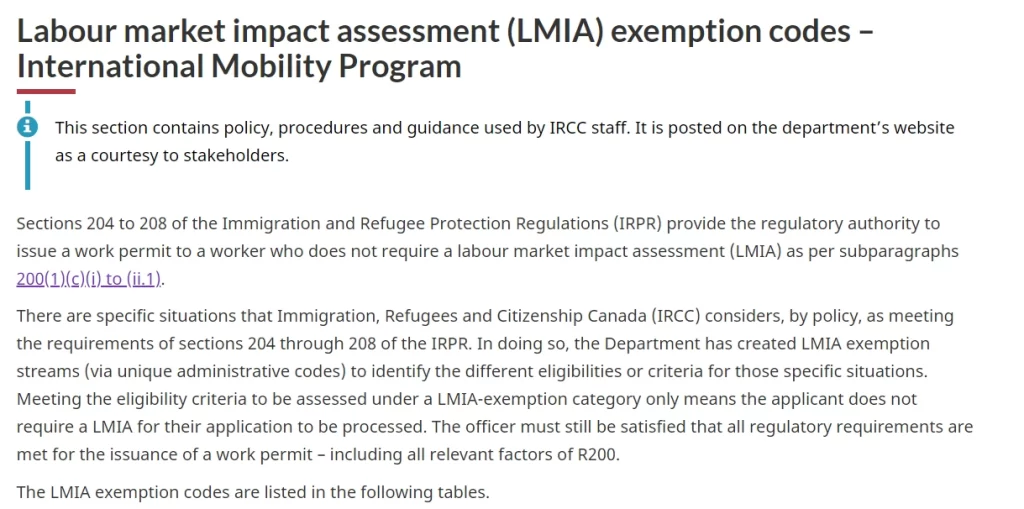
What documents are needed to work in Canada?
Many people know that if you want to work in Canada, one document is indispensable, which is the Labor Marketing Assessment (LMIA). However, there are many situations where you can come to Canada to work without an LMIA.
This article will take you through Canada’s LMIA and LMIA-exempt work permits.
When a Canadian employer cannot find suitable local workers, it can submit an application to Employment and Social Development Canada (ESDC) to request approval documents for hiring foreign workers.

Before submitting an LMIA application, the employer must publish recruitment advertisements for relevant positions on 3-5 recruitment platforms or websites recognized by the Canadian government for at least 4 consecutive weeks.
Only employers who have sufficient evidence to prove that local Canadian workers are unable to perform their duties can apply for an LMIA.
Only after the company’s application is approved can it hire foreign employees, and foreign employees must rely on an LMIA to apply for a work visa.
Note that LMIA is not a work permit, it is just a necessary condition for foreign workers to apply for a work permit. After obtaining the LMIA, employees can apply for a closed work permit. This work visa only allows the applicant to engage in the job covered by the LMIA, and the job cannot change employers. .
The spouse of an LMIA work permit holder can apply for an open work permit and work in Canada without restrictions.
LMIA includes the following types:
- High-salary positions LMIA: Those whose salary income is higher than the provincial/regional median range are considered high-salary and can apply for a work permit for up to 3 years.
- Low-wage positions LMIA: Those whose salary income is lower than the provincial/regional median range are considered low-wage and can apply for a work permit for up to 2 years.
- Agricultural Labor Positions LMIA: The Agricultural LMIA allows employers to hire temporary foreign workers for up to 24 months in occupations and activities related to primary agriculture.
- Seasonal Agricultural Worker LMIA: Only for citizens of Mexico and Caribbean countries.
LMIA exemption

Immigration and Refugee Canada (IRCC) allows foreign workers who meet certain specific conditions to apply for a work visa without requiring an LMIA.
- Temporary exemption policy: Hong Kong residents who meet the policy;
- Exemptions based on international agreements: According to free trade agreements signed between Canada and other countries, citizens of the United States, the United Kingdom, Mexico and other countries can also apply for a work visa without an LMIA when engaging in certain specific occupations;
- Occupations that are in Canada’s interest: important occupations such as professional airline employees, rail workers, and film and television production professionals. Athletes, professors, artists, etc. who come to Canada for exchange under a reciprocal agreement. Some immigration projects, such as the French-language mobile talent project, rural and northern immigration pilot, entrepreneurial visa SUV project, etc., can be exempted from LMIA;
- Position transfer within the company: Foreign employees who are transferred to Canada can directly apply for a work permit;
- Specified exemptions: International student internship work permit, international student graduation work permit, spouse work permit, etc. can be applied directly;
- Religious and charitable practitioners
- Applicants for permanent residence in Canada;
- Refugee, vulnerable and humanitarian applicants.
LMIA benefits
Another benefit of LMIA is that when LMIA holders apply for the Express Entry to Canada permanent residence in the future, they can receive 50-200 additional EE points. The specific bonus points are determined according to the occupation of the applicant. LMIA for NOC category 0 jobs can add 200 points, and general occupations can add 50 points.



